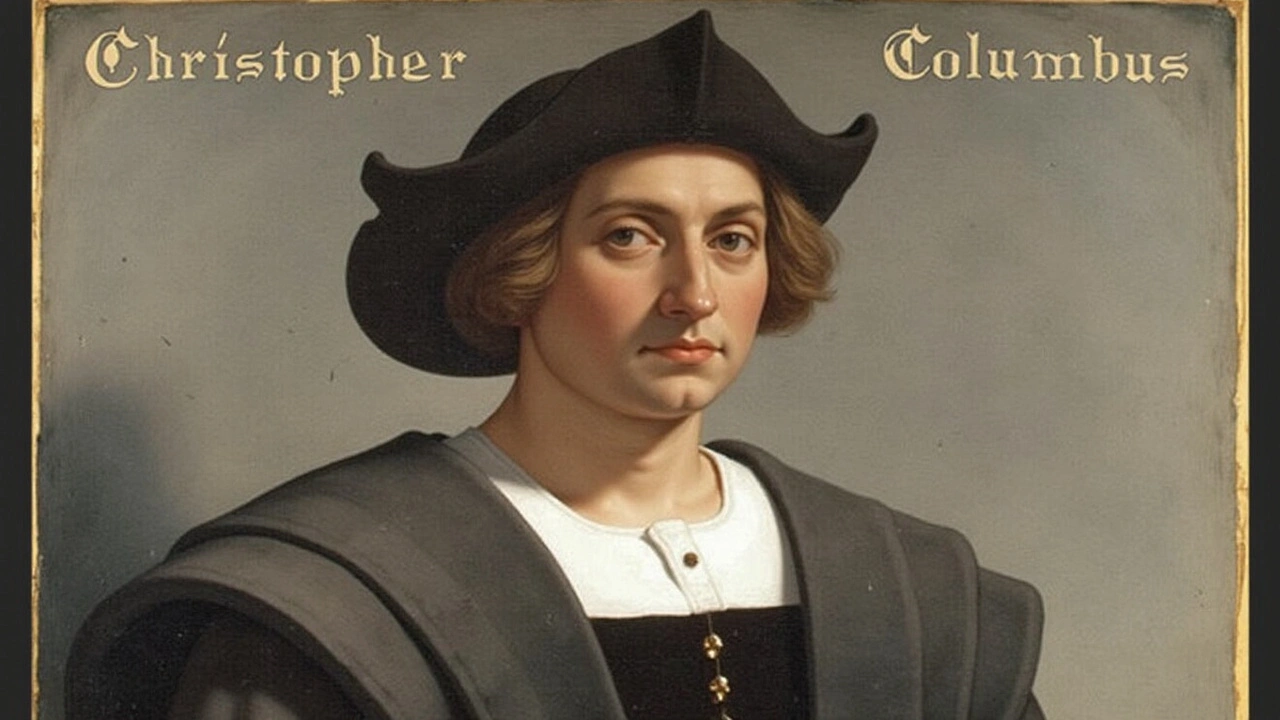Science: Clear, trustworthy updates on discoveries and studies
Science stories can sound complex but you shouldn't need a degree to understand them. Here you'll get short, plain explanations of new research, why it matters, and how reliable the results are. I focus on facts, quotes from researchers, and practical context so you can decide what to believe and what to ignore.
Take a recent item: a genetic study from Spain's University of Granada linked Christopher Columbus to Sephardic Jewish ancestry by analyzing DNA from his son Hernando Colón. The team, led by forensic scientist José Antonio Lorente, compared genetic markers found in Hernando's remains to databases of Iberian and Jewish lineages. The study suggests Columbus's family had genetic ties common among medieval Jewish communities in the Iberian Peninsula—a detail that could change how historians think about his identity and motives.
How do you read that kind of report? First, ask how the sample was obtained and authenticated. DNA from centuries-old remains can be contaminated, mislabelled, or degraded. Good studies describe lab methods, controls, and statistical confidence. This study lists provenance for Hernando's remains and uses modern forensic techniques, which adds weight—but it's not the last word. Follow-up studies and independent replication matter.
Why this matters
Genetic links don't prove specific beliefs or intentions. Finding ancestry markers tells us about population history, not personal faith. Still, ancestry clues can reshape historical narratives by showing who moved where and when. For Columbus, knowing more about his roots may change how scholars interpret his social network, funding sources, or cultural background.
Here are quick checks I use when evaluating science reporting: who funded the research, where it was published, whether raw data or methods are available, and if other experts reacted. If a study is only in a press release with no data or peer review, treat it as tentative. If specialists in the field praise the methods and results, that's a stronger sign of reliability.
How we cover science on Patio Pulse
On this page you’ll find concise explanations of studies like the Columbus analysis, plus guides that help you read findings yourself. I link to original papers and quote independent experts when possible. Expect clear headlines, quick summaries, and a rating of how confident the evidence is—so you can skim or dig deeper depending on time.
Want practical tips? When reading genetics stories, watch for sample size, DNA contamination safeguards, and comparisons to appropriate reference populations. For broader science items, look for replication, code or data availability, and transparent funding statements.
If you care about reliable, readable science updates from across Africa and beyond, bookmark this category. I’ll keep posts short, evidence-focused, and useful—no jargon, just what you need to understand the news and ask the right questions.
Follow the Science feed for quick alerts and short explainers. Share posts that interest you and send tips about studies you'd like explained. If a topic needs deeper coverage, I’ll publish a follow-up with sources and expert comments. I'll answer reader questions fast

Genetic Study Links Christopher Columbus to Sephardic Jewish Ancestry
Keabetswe Monyake Oct 14 18A groundbreaking study by Spain's University of Granada links Christopher Columbus to Sephardic Jewish ancestry through an analysis of his son Hernando Colón's DNA. The research, led by forensic scientist José Antonio Lorente, suggests genetic ties to the Iberian Peninsula, where Jews thrived in medieval times. The findings may reshape understandings of Columbus's heritage and historical motivations.
More Detail